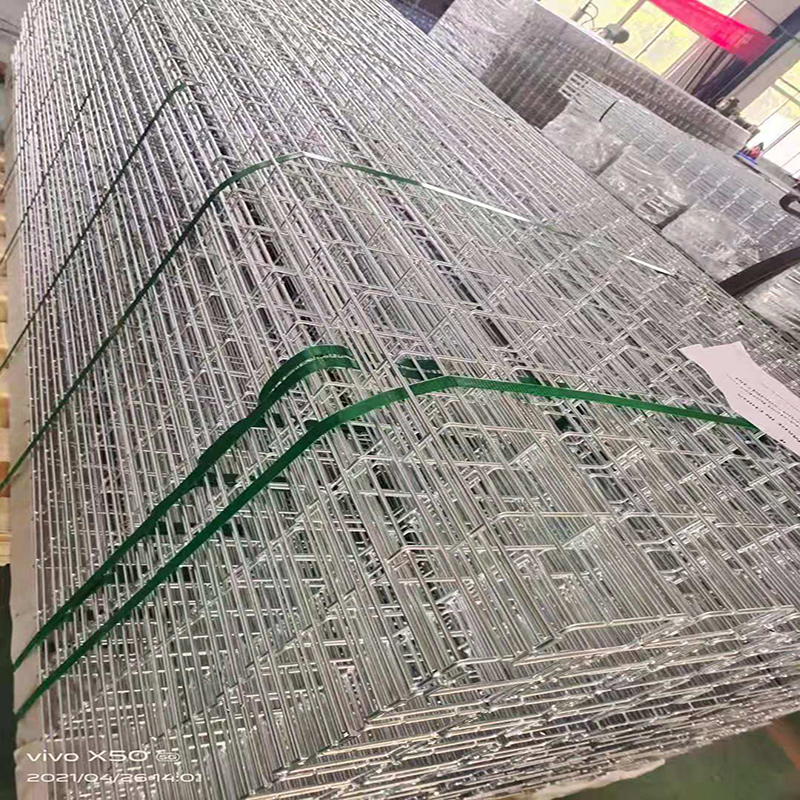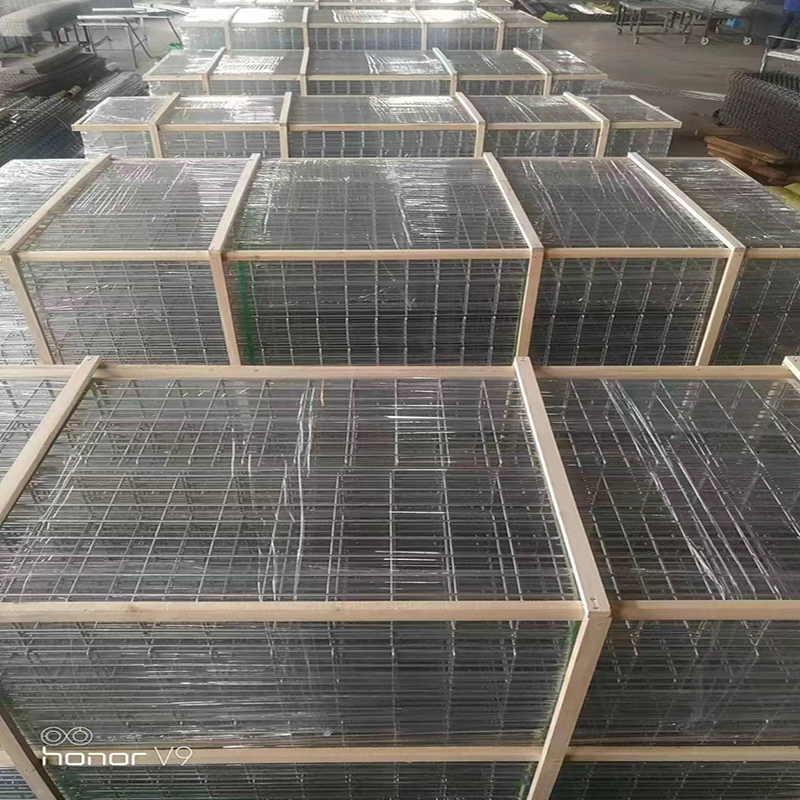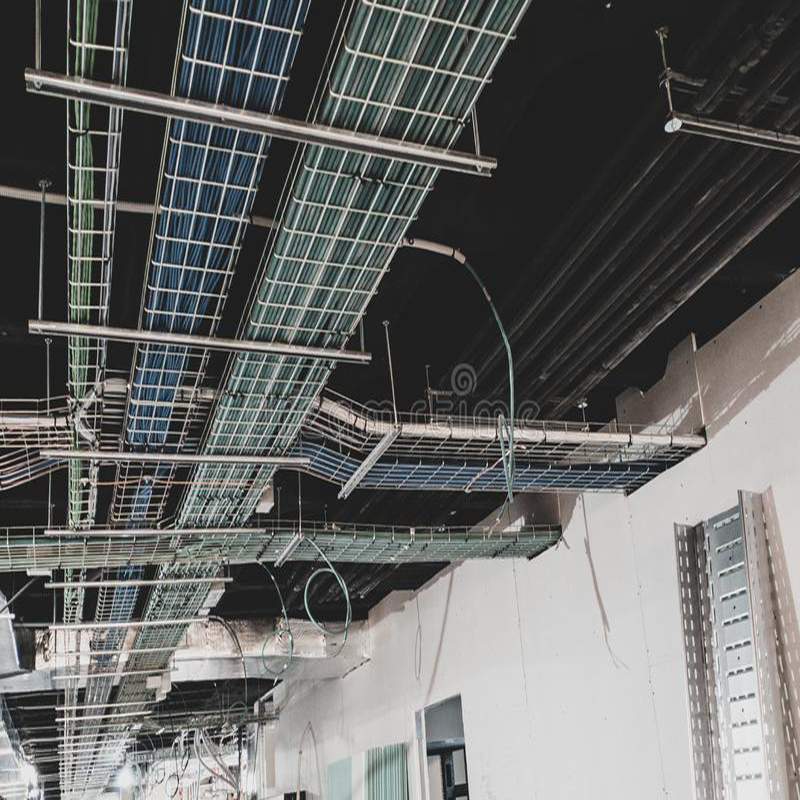The installation and use of cable mesh, let Qin Kai to tell you
Cable Mesh tray capabilities
QIKAI Cable Mesh is a high-performance, easy-to-install and multi-functional cable support product that can support a series of cables in different applications…
Cable net is a metal wire basket type cable support product designed to be installed in a series of different environments and work around any obstacles on the project site according to the requirements of the installation personnel.
Qinkai’s cable mesh provides a variety of materials, including pre-galvanized, hot-dip galvanized, galvanized and stainless steel. The standard cable laying depth of Qinkai is 50 mm, and the width varies from 50 to 900 mm.
The cable net with 100mm cable laying depth and larger side wall height (according to the order requirements) can also be provided.
The installation of Mesh is a very simple process: the product is equipped with its own cantilever and trapezoidal support, but it can also be used in conjunction with the traditional 41mm wide strut, which can be cut and bent to form a pipe (vertical bending), horizontal bending, and can also be made into T-shaped or cross-shaped connections with easily connected bolt connectors. Using the side and bottom connectors of the product itself, it is also easy to connect the length together, which helps to achieve a solid and safe connection.
Cable Mesh is often used as a system to manage a large number of data cables around very complex and high-tech sites (such as server rooms or telephone switches). Qinkai’s Drop-Out is a smart accessory that allows the installer to remove the cable from the Mesh with a smooth radius and prevent unnecessary sharp bends or kinks, which may damage and hinder the function of sensitive types of cables (such as network or optical fiber).
The rated load of the QIKAIT cable network is the maximum allowable load per meter on a specific span. Specifications are available on the product page, but you can also learn more about this topic here.
For more information about installing, cutting or connecting the length of Qinkai, we have collected useful guidelines from branches, which can also be found in our catalog. For a more detailed comparison between cable network and cable tray system, please see the cable tray introduction here.


